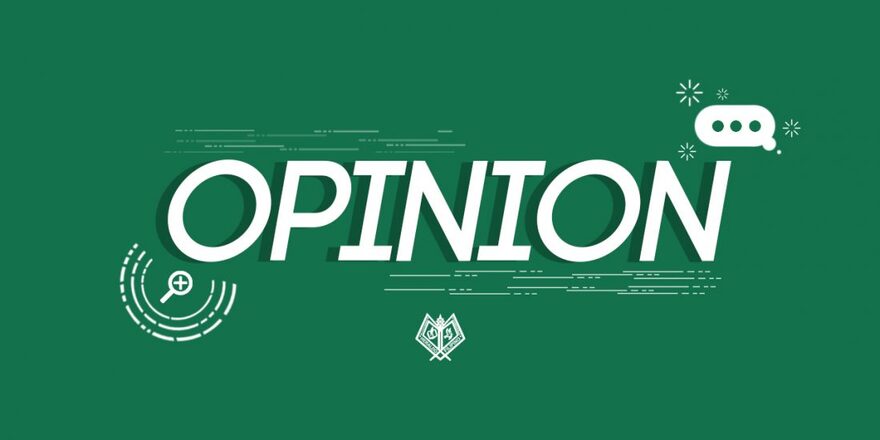Denying the transportation crisis
Presidential spokesman Salvador Panelo took the jeepney on October 11 over a public dare. Taking three and a half hours to get from New Manila to Malacañang even with the help of a motorcycle rider, he still insisted that there is no transportation crisis in Metro Manila.
There are many reasons why Panelo would say so, but none of them is because what he meant is true. One apparent reason is to keep his word against the Filipinos’ outcry about dreadful daily commute. What supposedly is an urge for him to get off his high horse is nothing but a stunt and an immersion that serves only as a diversion.
At this point, it has not been any clearer that the government would resort to denying a crisis if they can’t fix it.
The case is: Panelo insists that there is only traffic crisis, explaining that as long as commuters reach their destinations, we are just as close to being fine by adapting to hostility. If he is then just being careful with terminology, this clarification still makes no point, no alleviation, and no compassion to the sorry state of the problem. He, after all, is devoted to trivializing it in the first place.
It’s true indeed, the deep-rooted traffic issue is helpless at a glance, but the fact that the government should take a deeper look at it to find solutions and looks away instead is one huge case of negligence.
Now, Panelo’s stunt is a comic paradox for government officials who have the convenience of air-conditioned and efficient high-end cars (or luxury jets). But actually, what Filipinos hope Panelo sees with the commute dare is the real deal that has heaven-and-hell difference between the rich and the rest.
The government would resort to denying a crisis if they can’t fix it.
The rich can afford to rent or own condominium units near school or work, while the rest have to wake up at 4 AM just to commute day-to-day. The rich can use time stuck in traffic for “me time” (like Marian Rivera), while the rest waste half their life in public rides with no discernible peace for any form of “me time”, not even naps. It destroys life in the long run to leave early and arrive late. In short, workers are restless.
As if it could get any worse, Panelo mocked this struggle by saying “if you want to arrive early (at) your destination, then you go there earlier,” which is equivalent to normalizing what otherwise is chaos, glorifying the Filipino resilient caricature, and giving Filipinos a lecture they have already mastered.
What we need is a willful intervention starting from our leaders, acknowledging that Filipinos who’s had enough of suffering in silence are furious for a reason. This acknowledgement citizens starve for, however, is a far cry knowing how blind the government is to most our indignation. It won’t bother them if it doesn’t hurt them.
The government most likely knows the side of this issue that affects the Philippines in another level. They just haven’t taken it to heart to actually make extensive actions and if mere compassion to the public isn’t enough for a drive, perhaps economic collapse is.
According to the Japan International Cooperation Agency (JICA)’s data in 2017, the worsening traffic in Manila costs P 3.5 billion in lost opportunities per day. When JICA Philippines chief representative Susumu Ito discussed this in Makati City in 2018, he mentioned how Manila population, combined with nearby provinces, is getting larger and that President Rodrigo Duterte’s “Build, Build, Build” (BBB)—the “golden age of infrastructure” expected to roll out until 2022—is the answer.
Ideally, the Philippines would want to take advice from Japan considering the success of their urban planning. Although there is more time to see how the BBB program unfolds, it’s suffice to say that Philippines isn’t building any smooth road to ease transportation at this point. Even Senator Bong Go agrees. “Ang makaka-solve ng traffic sa Metro Manila, alam mo kung sino? Superman,” he said.
While waiting for Superman and the government’s next ridiculous excuse, the struggle continues for the mass. Among all this denial and fantasy, one fact remains true: Filipinos have the right to efficient transportation.




